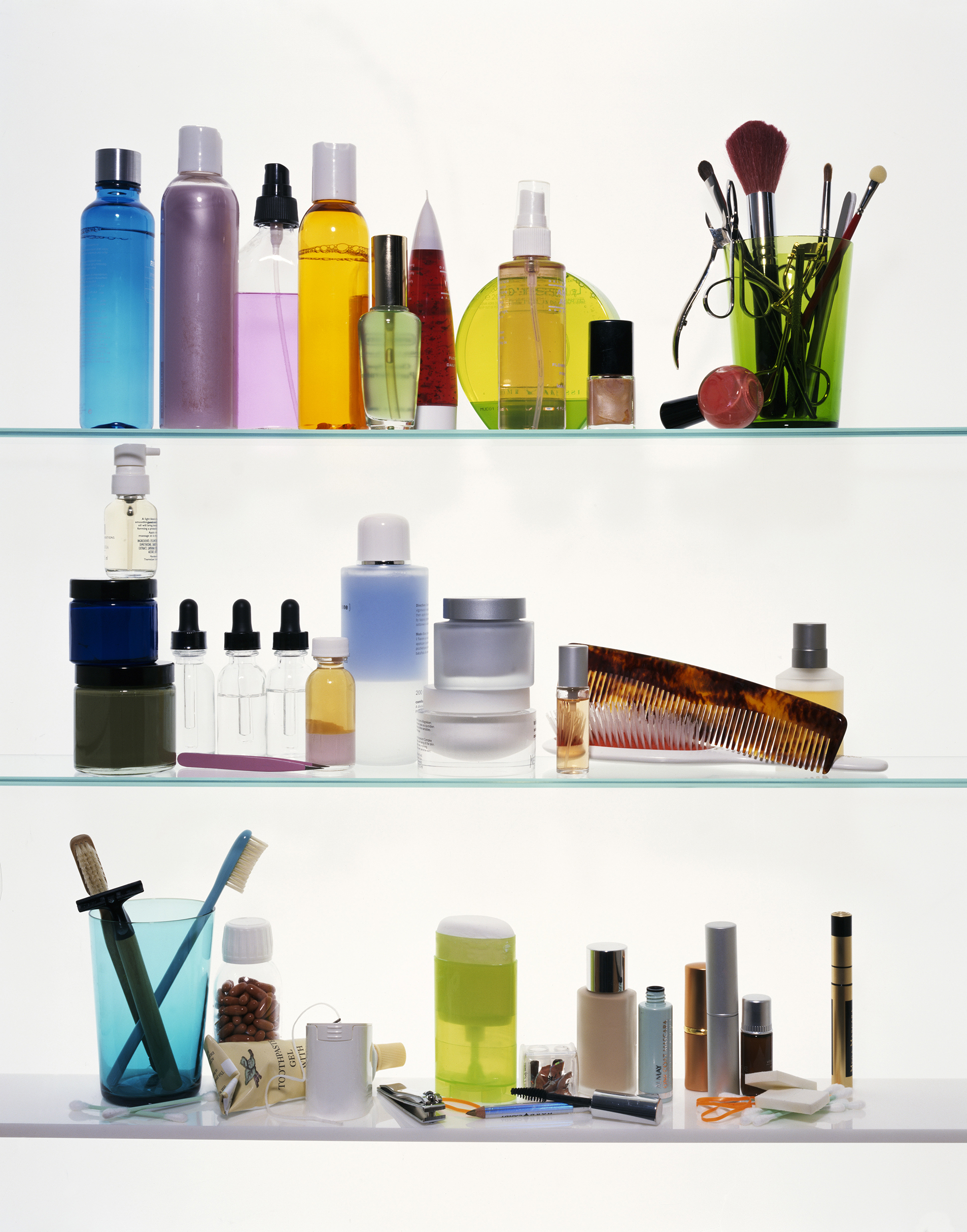
Every day, Americans use products that have not been tested for safety by an independent expert they can trust. Women use an average of 12 different personal care products each day, and men use six. The federal Food and Drug Administration has investigated none of the chemicals in these products.
What’s more, companies that produce faulty products have no duty to report to the FDA when their customers claim they are harmed. This type of disclosure is completely voluntary. And when bad actors fail to withdraw their dangerous products from the market, the FDA has no power to order a recall.
Only 11 substances, among them, mercury and chloroform, have been prohibited or restricted from use in personal care products. By contrast, the European Union has banned more than 1,300 chemicals from personal care products. FDA scientists recognize the risk of the chemicals barred by European regulators, but Congress hasn’t given FDA officials the authority to act on their knowledge.
Many responsible companies are doing their part to protect our health but an industry-wide safety standard is needed. The Personal Care Products Safety Act would address these glaring safety loopholes and create a modern regulatory structure for personal care products. Consumer groups, health groups and businesses have joined forces for the first time to support this bill, which is key to moving forward.
Some chemicals in personal care products have never been thoroughly assessed by independent scientists. A key component of this bill would establish an FDA process to evaluate the safety of at least five personal care product ingredients a year.
For example, an independent scientific evaluation is needed to set a uniform standard for cosmetics preservatives. Several preservatives frequently used in personal care products have been linked to hormone system disruption. Scientists have yet to determine what concentration of these preservatives is safe.
Some hair straighteners known as “Brazilian blowout” can contain as much as 10% pure formaldehyde. The federal government has labeled this chemical as a known human carcinogen when inhaled. Customers and stylists breathe formaldehyde during these hair straightening sessions, putting them at greater risk for cancer, when exposed to high concentrations of formaldehyde over time, and, at lower concentrations, respiratory problems, headaches and allergic reactions.
The ingredient review process proposed by the Personal Care Products Safety Act would require the FDA to determine which chemicals manufacturers can use, at what levels, and if product labels should bear warnings. Some chemicals may be safe in small amounts, but not in high concentrations. A chemical may also be deemed unsafe for use in children’s products or appropriate only for application in a salon by trained professionals.
The bill would give FDA new tools to detect and respond to reports that certain products are dangerous. For example, it would require manufacturers to report allegations of harm to customers’ health, to follow good manufacturing practices and keep safety records.
These common sense provisions are long overdue. The Personal Care Products Safety Act has the broad, bipartisan support needed to move forward. Americans deserve to know that the ingredients in the products they and their families use every day have been independently evaluated for safety.
More Must-Reads from TIME
- Breaking Down the 2024 Election Calendar
- How Nayib Bukele’s ‘Iron Fist’ Has Transformed El Salvador
- What if Ultra-Processed Foods Aren’t as Bad as You Think?
- How Ukraine Beat Russia in the Battle of the Black Sea
- Long COVID Looks Different in Kids
- How Project 2025 Would Jeopardize Americans’ Health
- What a $129 Frying Pan Says About America’s Eating Habits
- The 32 Most Anticipated Books of Fall 2024
Contact us at letters@time.com